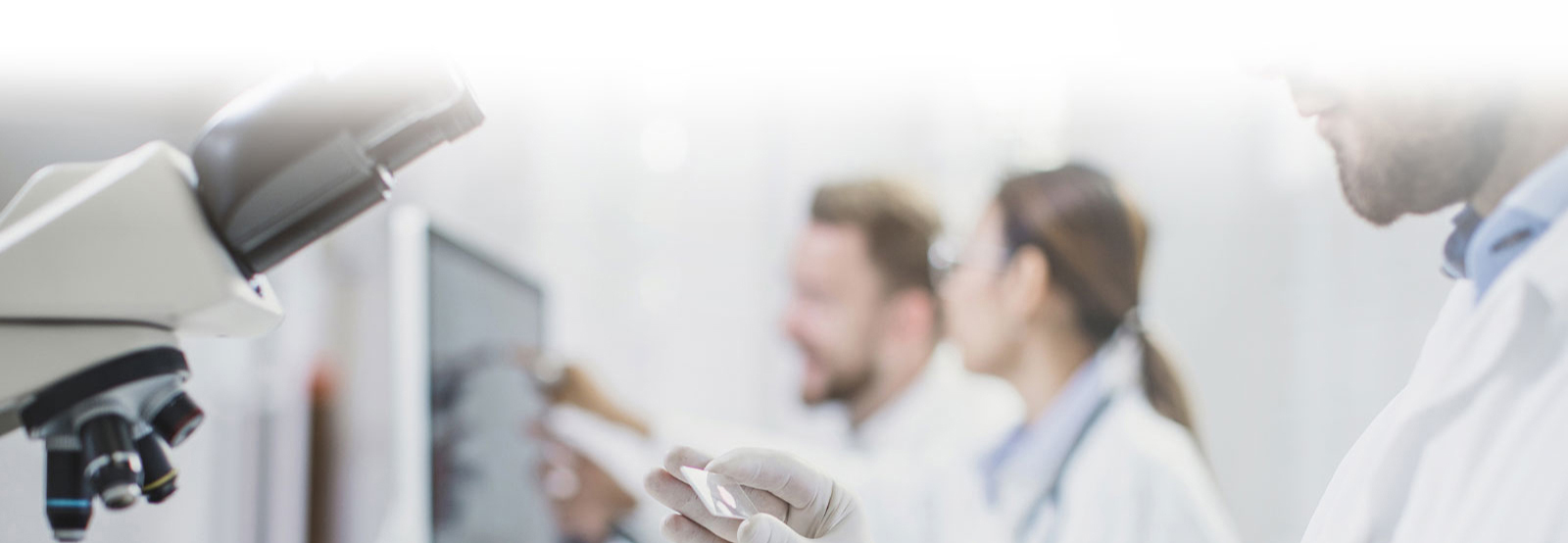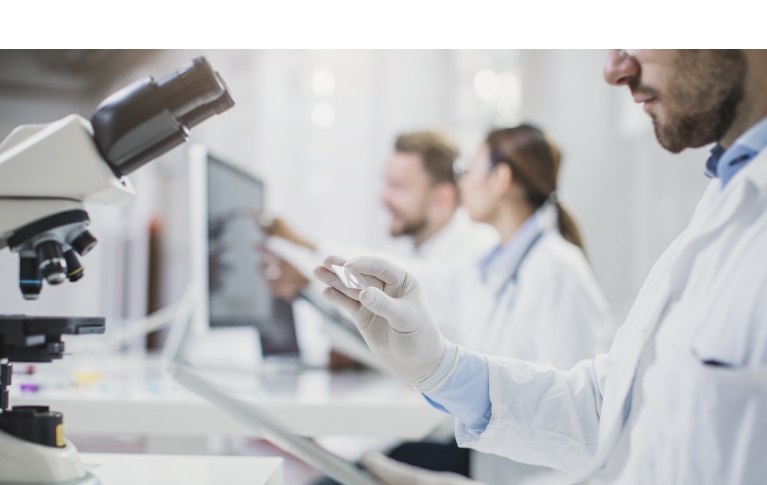A biobank (“bank of life”) is a place – typically an ultralow temperature freezer – that stores blood and other human tissue samples donated by patients for research in cancer or other serious diseases. It is maintained by specialist personnel, and data is coded for the patient’s privacy and confidentiality, and recorded in a database. Clinical data, including treatment and follow-up, may be linked subsequently.
The patient’s cancer operation specimen – cancer and surrounding normal tissue – is examined by a Histopathologist. The pathological diagnosis and full pathological assessment of the tumour’s aggressiveness and extent determine the patient’s further treatment. Providing the patient has consented, small fragments of cancer and normal tissue, surplus to pathology requirements, may be coded, frozen and stored in the biobank. Samples are released for ethical, scientifically approved research on how cancers develop, grow, spread and respond to treatment.
The largest potential human tissue biobanks consist of diagnostic pathology specimens stored in hospital Histopathology departments. Pathology specimens are fixed in formalin, and embedded in paraffin blocks (FFPE tissue). FFPE samples can be used for research only with explicit patient consent or after a declaration by the Health Research Declaration Committee. Although RNA, genes and proteins are best preserved in frozen samples, FFPE samples are very valuable to researchers, and are routinely used to determine an individual patient’s suitability for certain types of treatment e.g. Herceptin in breast cancer. Hospital biobanks are ideally located in Histopathology, to manage, store and release frozen and FFPE samples to researchers (see For Researchers).
Most biobanked samples are used in large research studies by research groups in universities or hospitals, and in biopharmaceutical companies developing new tests and more effective cancer treatments. However, individual patients with recurrent cancer might have biopsy samples biobanked to evaluate progression of their disease and guide clinical decision-making.
There are numerous standalone biobanks in Ireland and in other countries. Historically, such biobanks have not been well resourced, and vary greatly in tissue collection, quality control, sample storage, patient consent procedures and informatics. In most cases, there is insufficient material for sharing or for large translational studies.
Molecular research requires large scale sample collections, and Ireland’s research community is relatively small. For mutual benefit and to ensure a co-ordinated biobanking approach, it is very important that a new Biobank Network include and resource those biobanks that are willing to adopt international guidelines and procedures.
The pioneering Biobank Network is the Spanish National Tumor Bank Network (62 hospitals and institutions), Biobank Networks and coordinated biobanking has developed in many other countries.
Ireland’s research community is small and fragmented and molecular research requires large scale sample collections. It is imperative that fresh, frozen and paraffin-embedded cancer tissue and blood samples are acquired prospectively with patient consent in the main cancer hospitals, using the same procedures and database. Samples and data should be managed in linked biobanks and, together with authorised research use of archival pre-2018 FFPE tissue, subsequently released for approved basic and translational cancer research.
An Irish Biobank Network will enhance Ireland’s national cancer strategy. Shared online access to samples and data for potential projects will help connect hospitals and focus on patient care rather than on competing institutions. Other advantages: research efficiency and research quality, enhanced sample quality, facilitation of international collaborations, coordinated, fair access to samples, molecular studies on samples from clinical trials patients, and wider benefits to the economy due to job creation and increased industry R & D.
Examples of advances in patient care, derived from biobanked samples are: Glivec for patients with chronic myeloid leukaemia and GIST (a rare gastrointestinal malignancy), anti-CD20 antibody treatment for malignant lymphoma, and Herceptin for aggressive breast cancer. Each of these treatments has significantly prolonged quality of life, by applying logically the knowledge of molecular cell processes to develop innovative, selective and in many cases, non-toxic cancer treatment.

